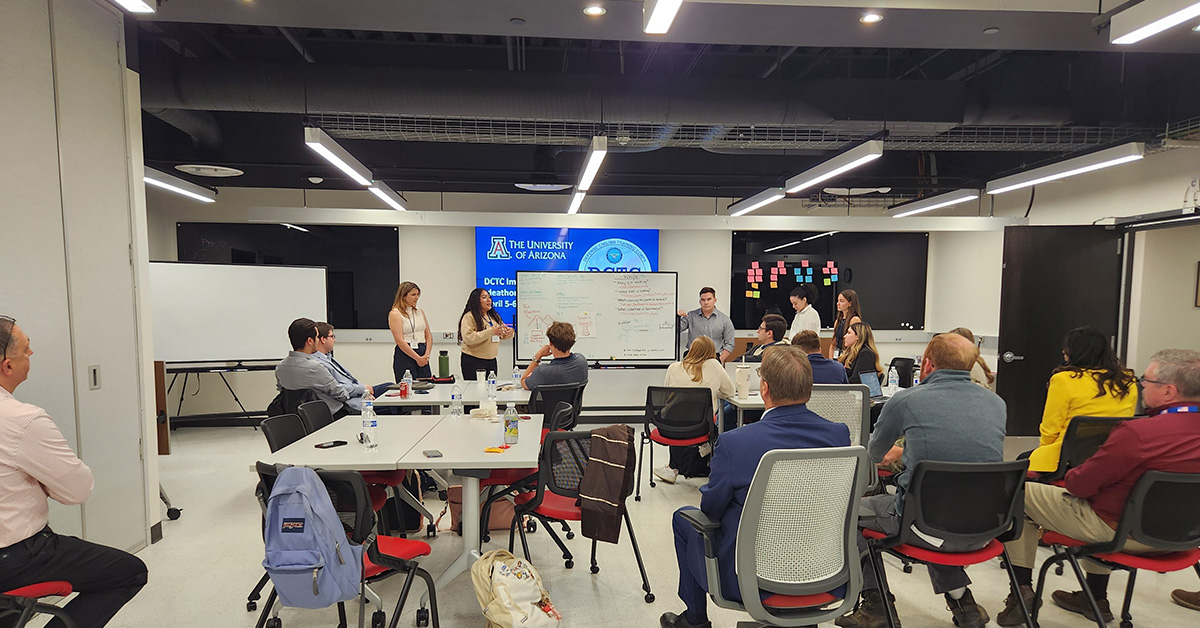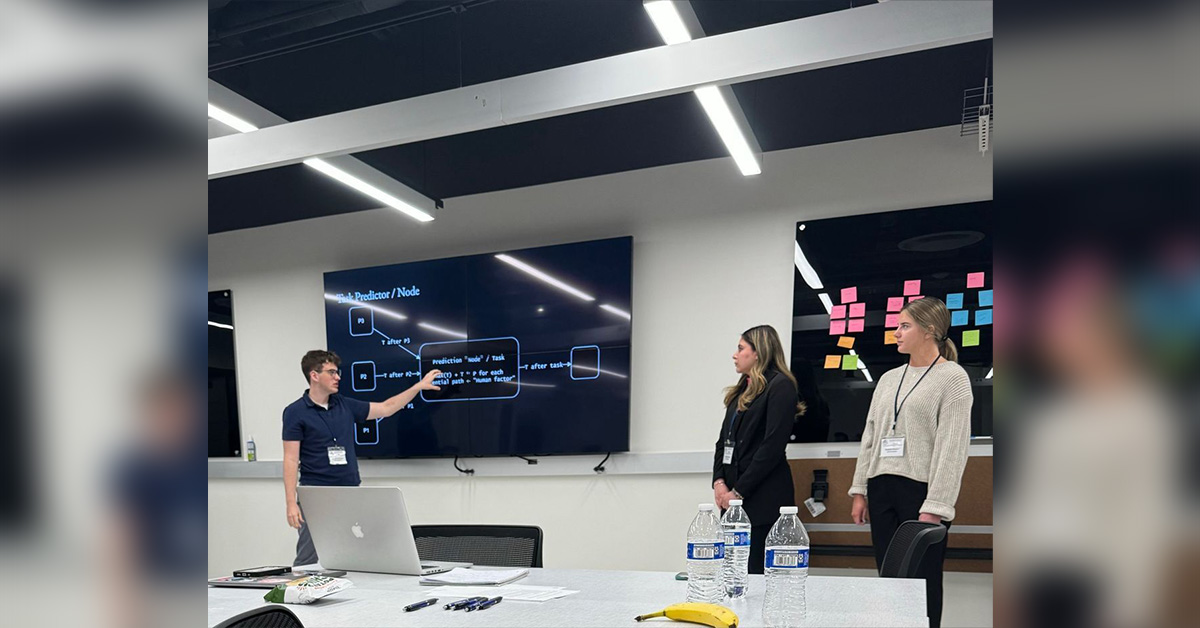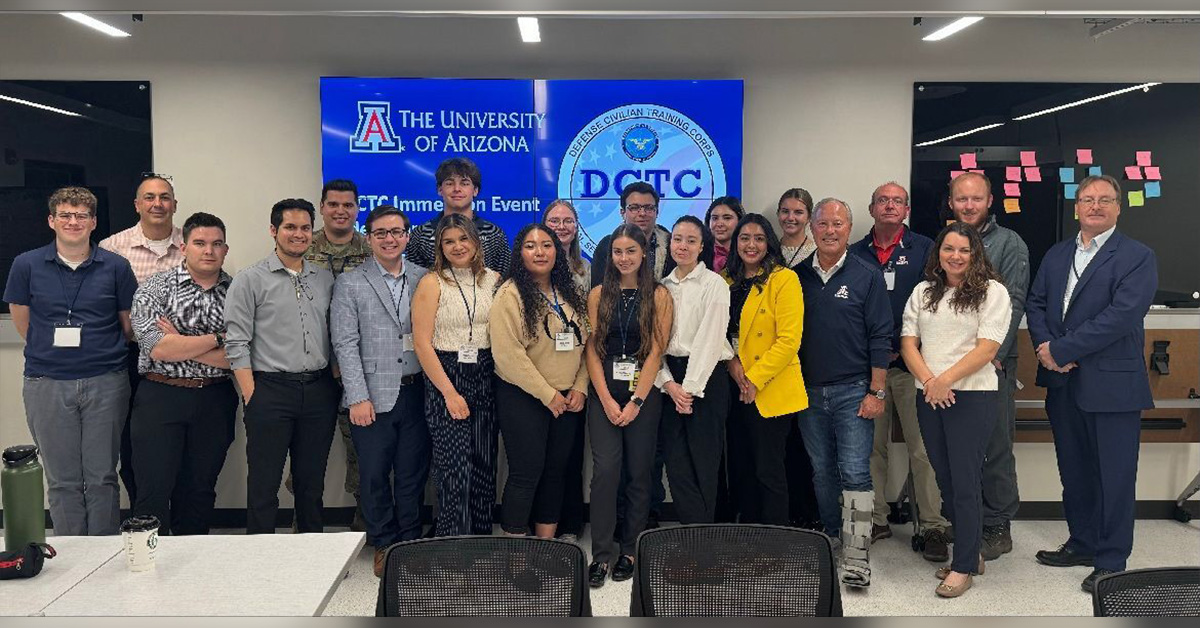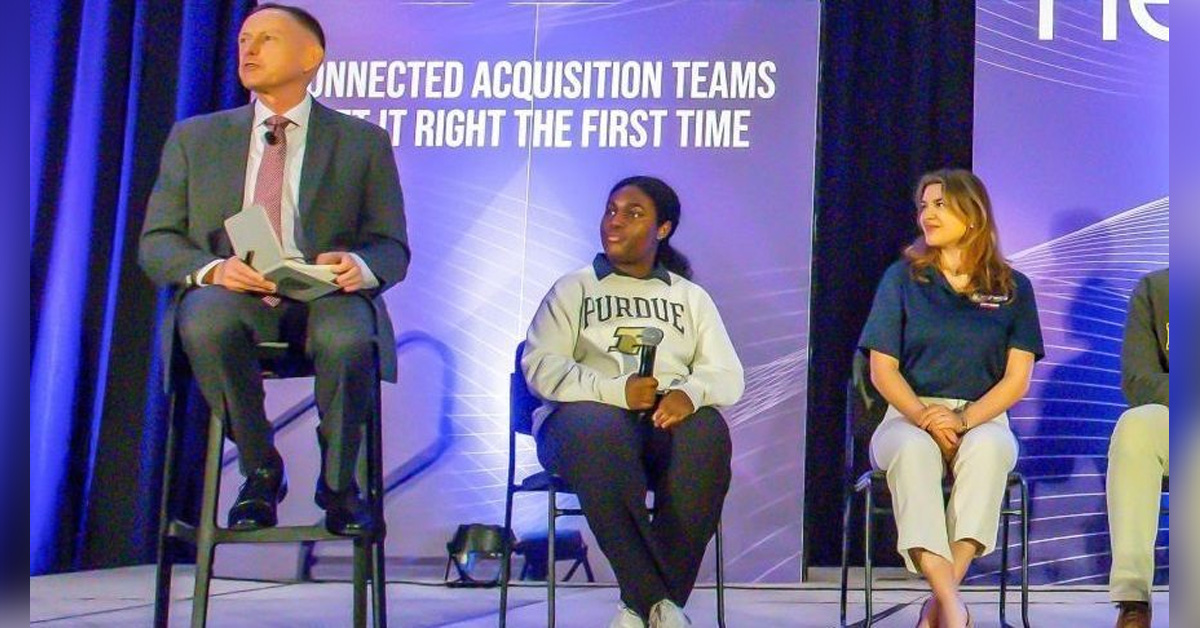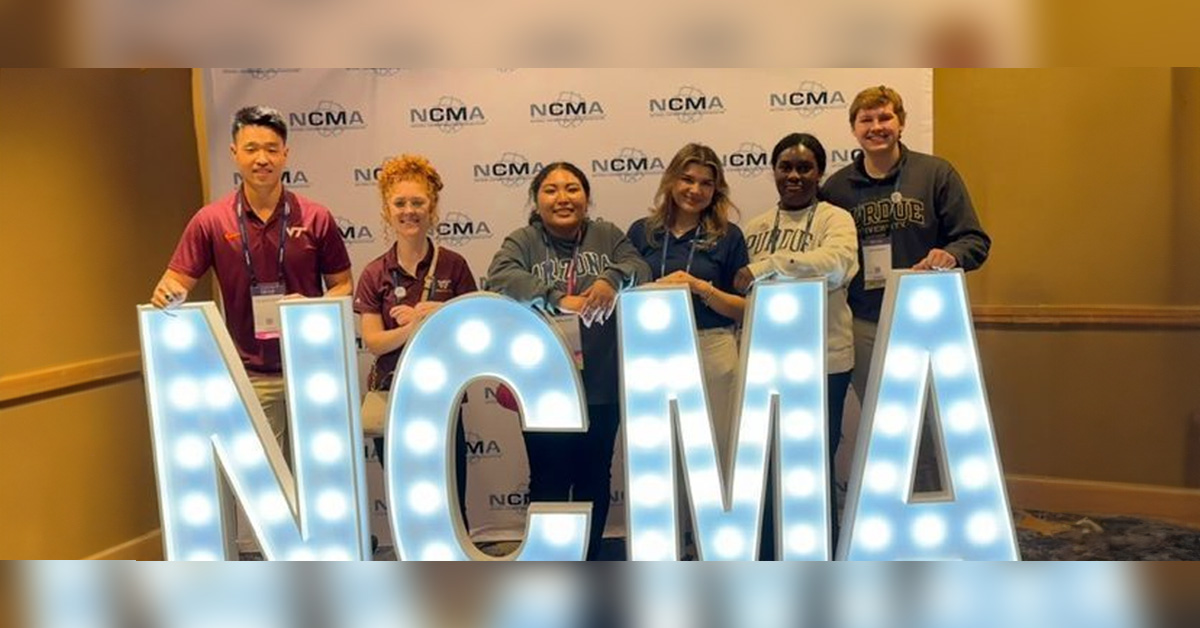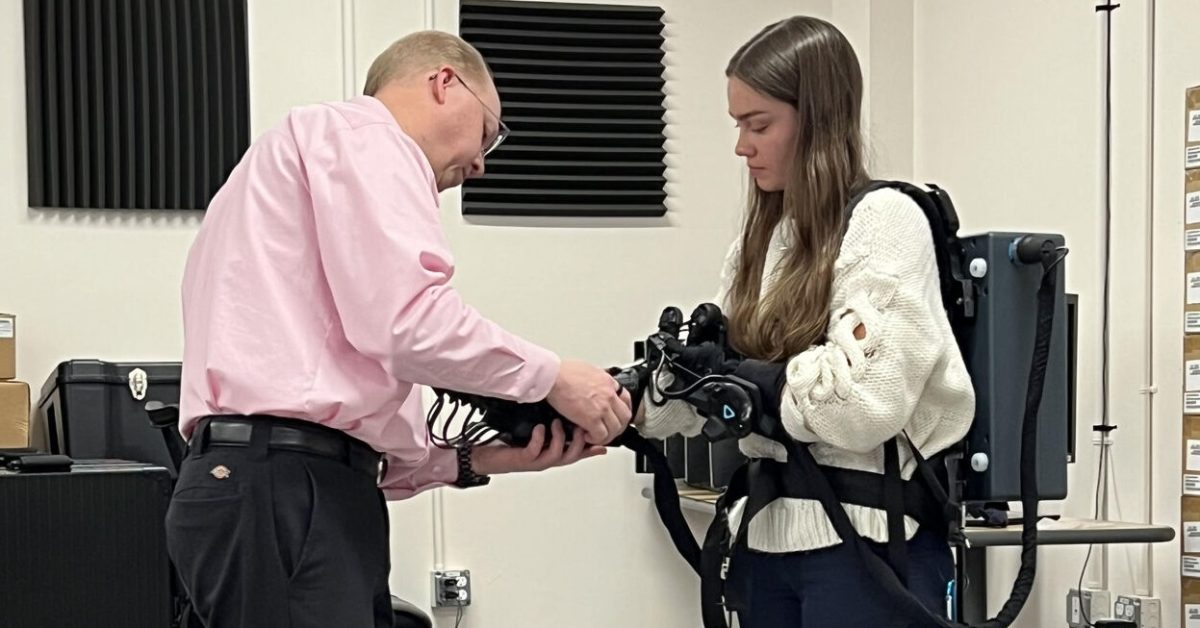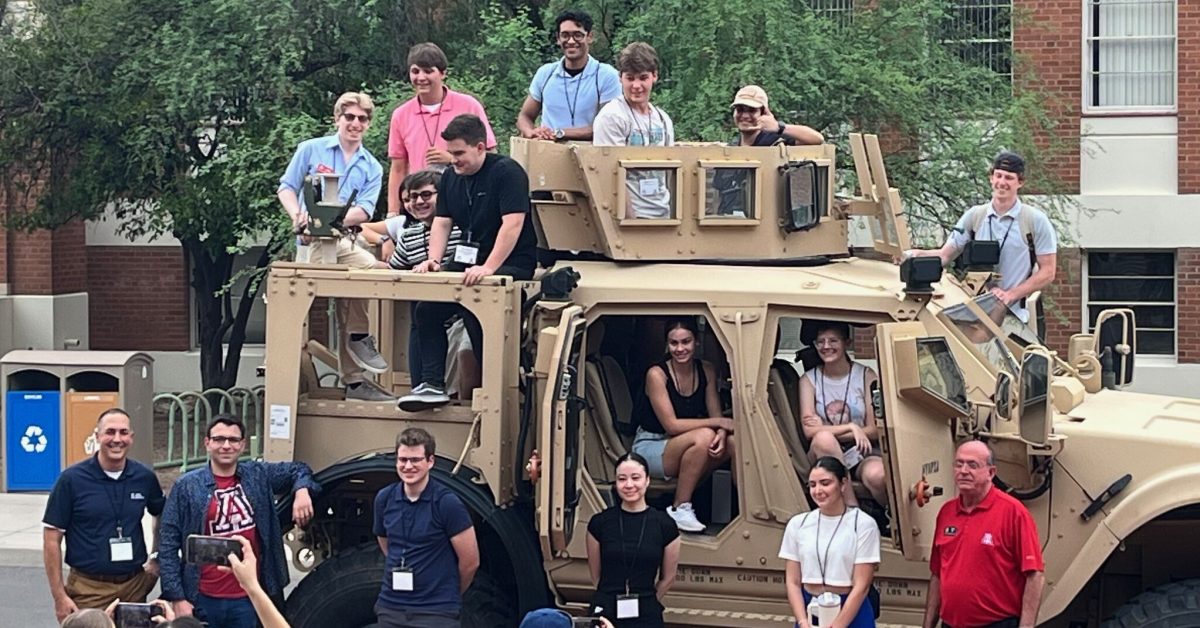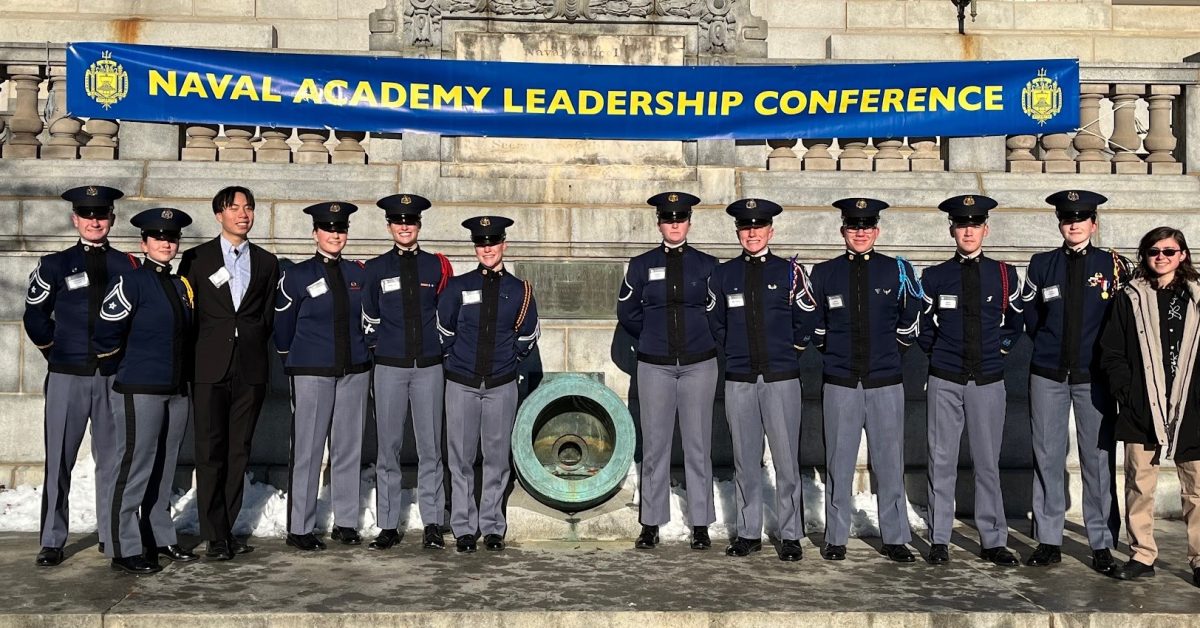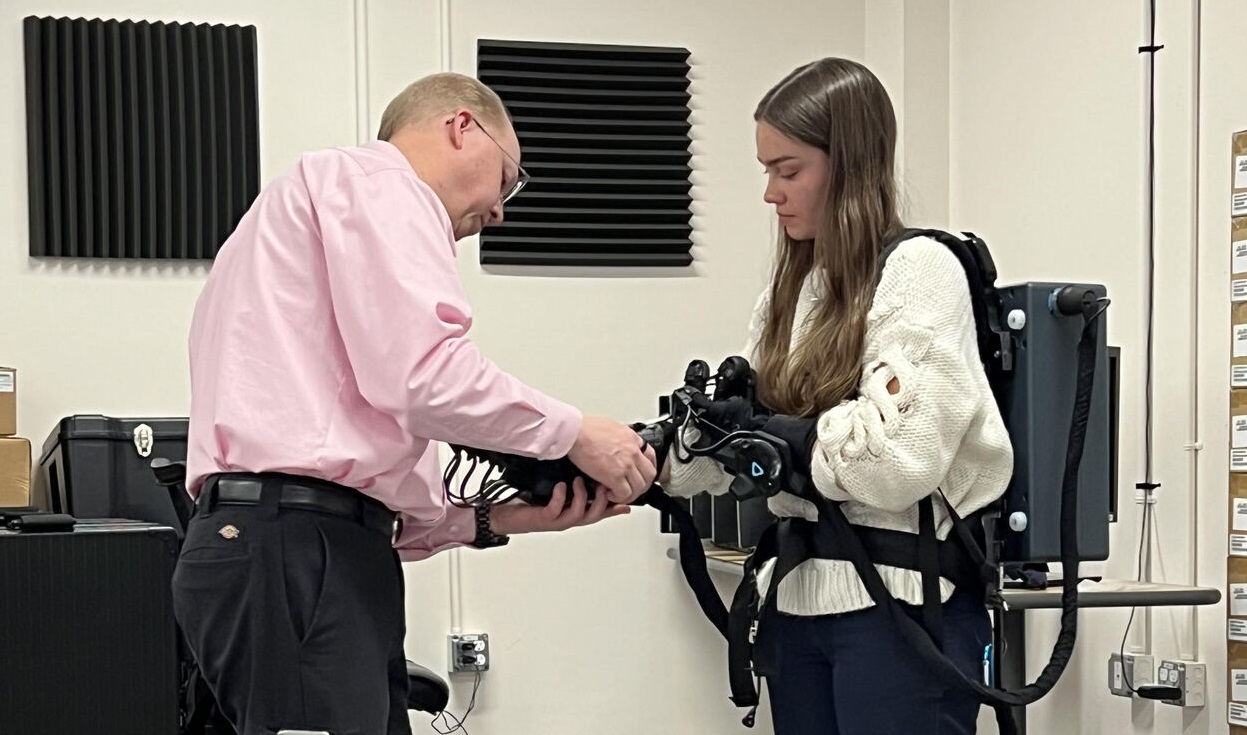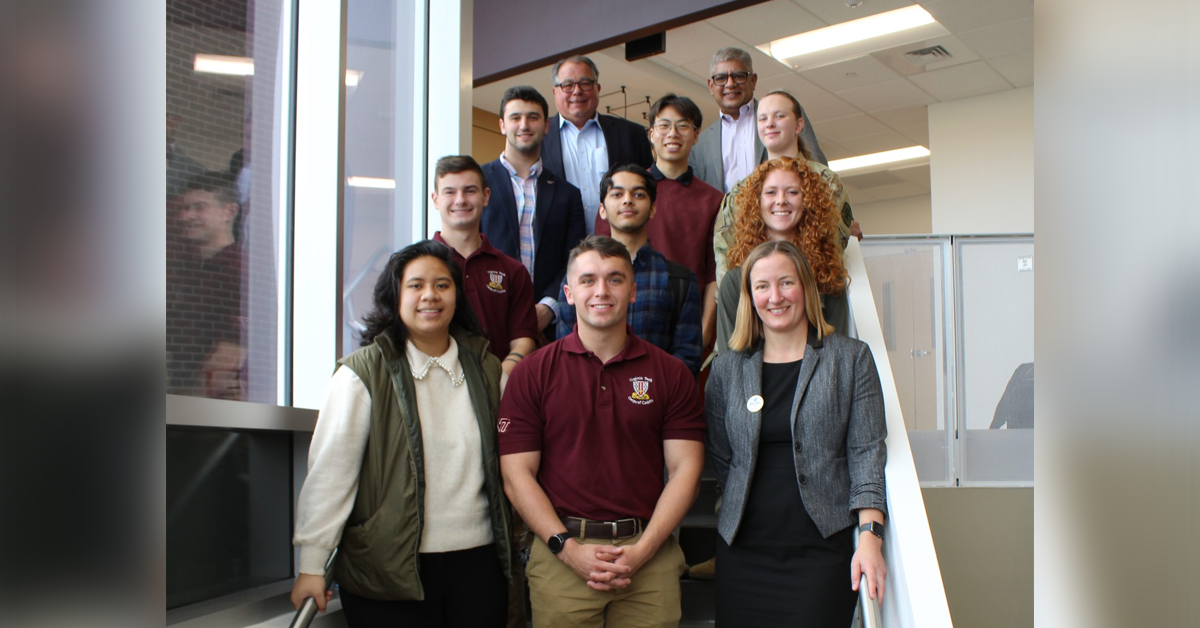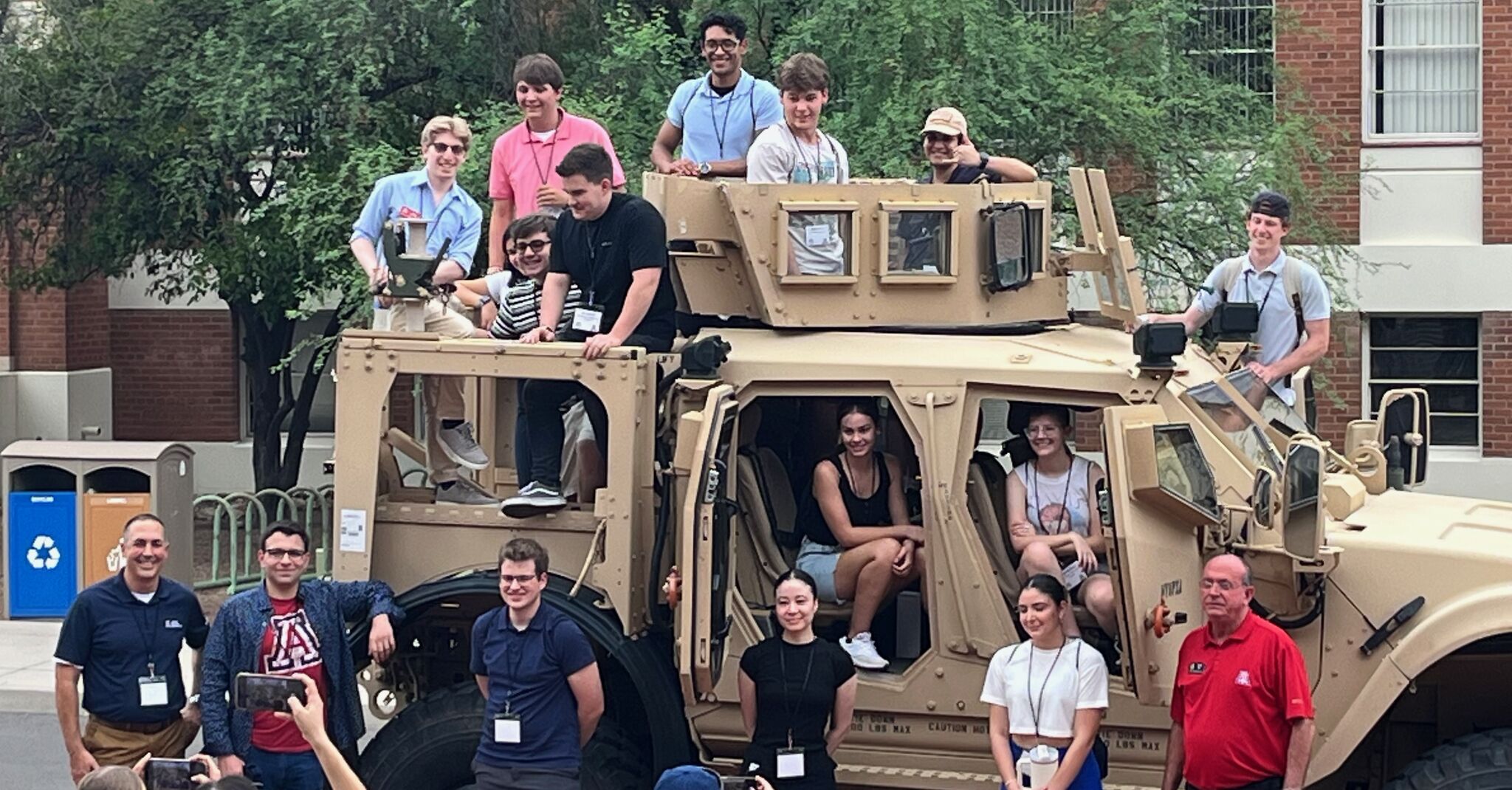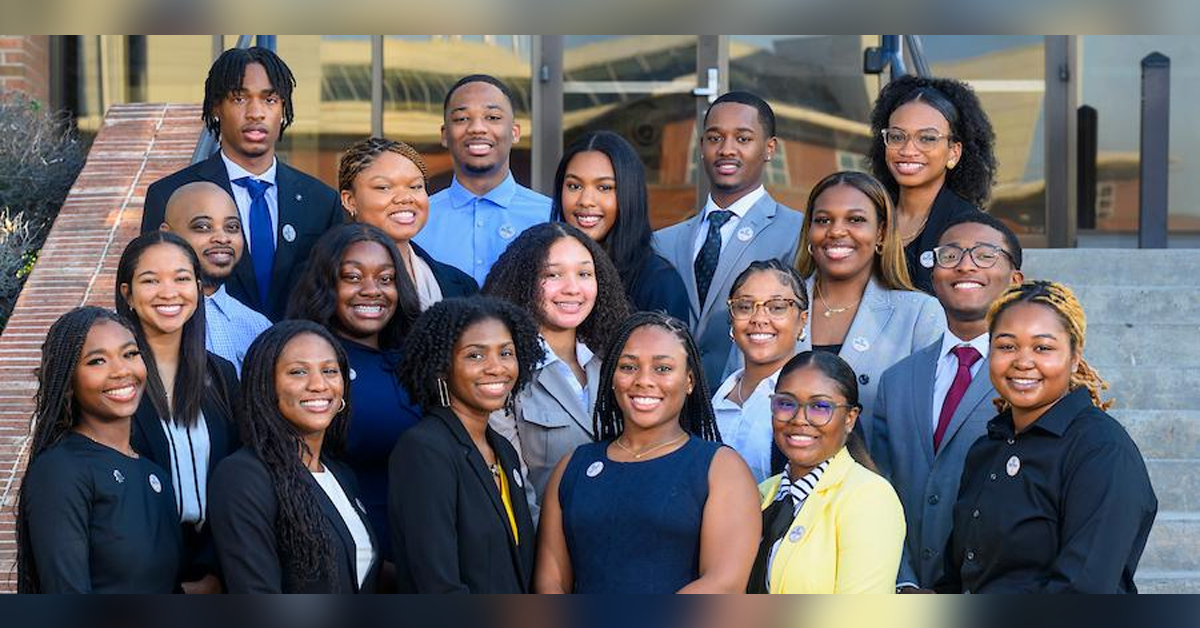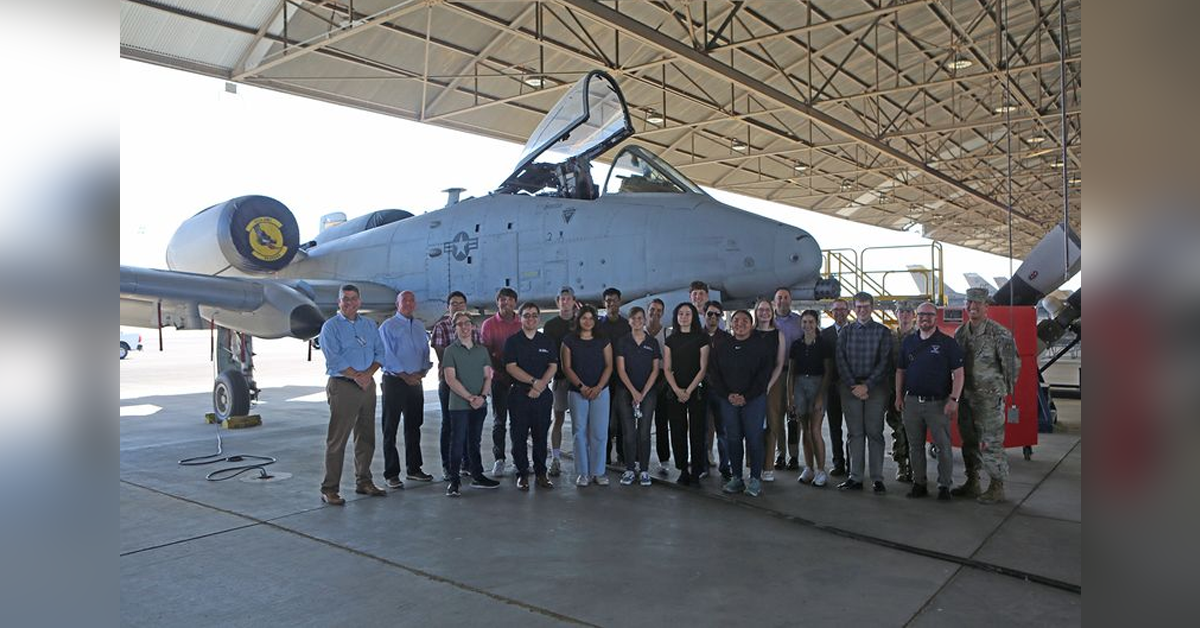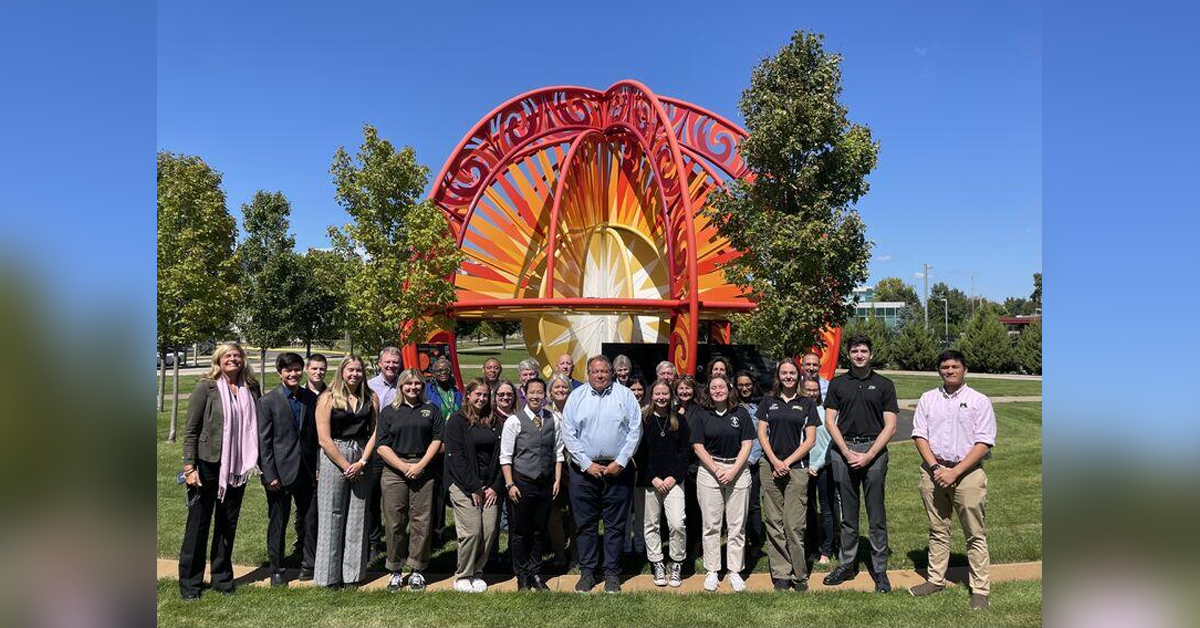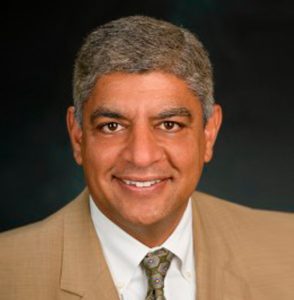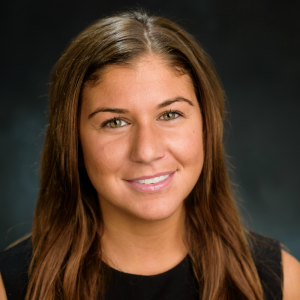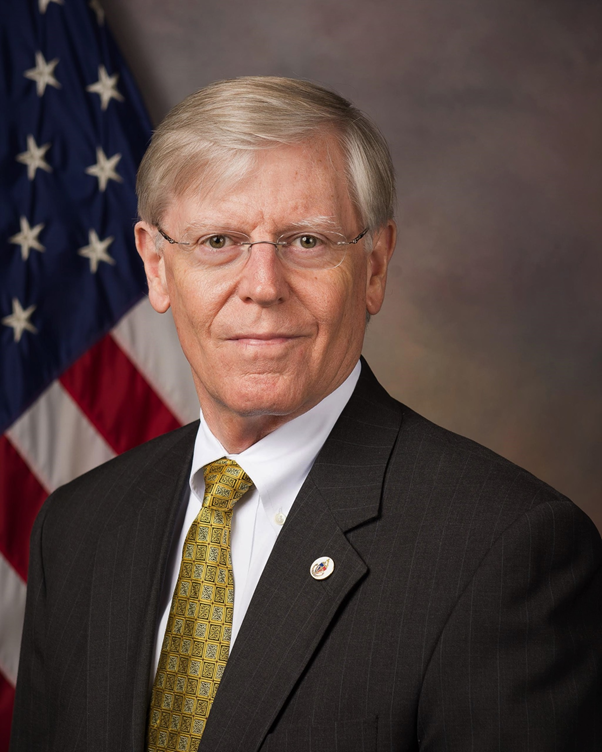
VT Scholars Puzzle Their Way Through a Real-Life Problem
April 30, 2024
By Jay Thomas, Brooke Griswold and Nicholas McDermott, Virginia Tech
On Friday, April 12, our DCTC cohort participated in an immersive learning event (ILE) presented by AI Futures, a partner to the Chief Digital Artificial Intelligence Office and the Defense Civilian Training Corps. We came into the classroom unsure about what to expect. It was gratifying to put into practice all the concepts that we have been reading about and learning about in class. It felt as if we were a real acquisition team and going through the entire process from start to finish to acquire a new system.
We were split into acquisition teams of five and tasked with acquiring a software product that has the capability to analyze large language models. We had to figure out the correct way to approach this task, making decisions on program management, engineering and testing, contracting, legal restrictions, and pricing. Once we navigated the correct approaches to each category, we opened a lock box that required our strategy to completely shift. We had to quickly rethink all our decisions and brief senior leaders. Additionally, the briefing at the end was very helpful. We expected the three senior level executives that we were briefing to ask us just to restate what we had read, but they asked very inquisitive questions that would be asked if it were a true briefing in our DoD careers.
Being able to directly interact with the content our cohort has spent the past year learning was a really refreshing experience. The puzzles were well thought out, requiring us to use everything we learned to justify our answers. Racing against our peers to unlock the final puzzle box added a level of excitement we hadn’t expected. The staff and industry professionals created a welcoming environment where we were able to ask questions and really think through the problems ourselves.
Once the puzzle box opened, we were presented with the opportunity to purchase a “commercial software” that would meet our needs, but not without first reasoning through our decision by answering some pretty tough questions from the panel. They mimicked the intense environment in the real-life acquisition field.
We found this program to be extremely helpful in giving insight to our future as DoD civilians. We have been exposed to the material we were presented with in this program but had never actually put it into action before. Dealing with each category as if it were a real-life problem showed how the concepts we had learned in class will apply in our jobs. In order to succeed, we had to work as a team. We all provided different attributes and perspectives which were advantageous due to the wide diversity of categories we had to solve. Teamwork was also helpful due to the time-restriction and the high intensity environment. Briefing the senior leaders put us in a position where we had to present our strategy, explain why it was beneficial, and answer tough questions, which is useful real-life exposure. We really enjoyed this program and would love to participate in more events like this!
Overall, the ILE was an incredible capstone to the year. The practical application of our knowledge was an extremely welcome change of pace from our typical college coursework.
